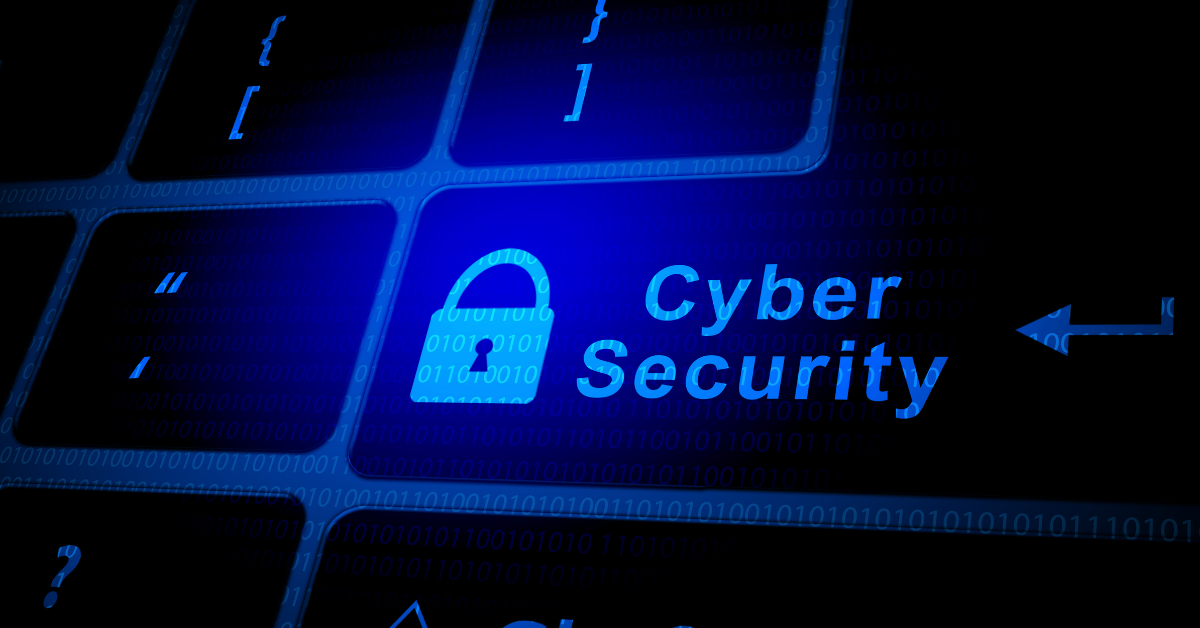Originally published by South-End Tech Limited
Written by Patrick Meki, Cybersecurity & IT Risk Analyst at South-End Tech Limited.
The original version can be accessed here
Introduction
When businesses across Africa think about cybersecurity, the first things that often come to mind are firewalls, cloud security, or advanced tools like SIEM and SOAR. And while these solutions are critical, one truth hasn’t changed every cyberattack still begins at an endpoint. Whether it’s end user laptops, organization servers or a retail POS system endpoints remain the weakest link and the most attractive target for attackers.
Why endpoints remain the top target
Endpoints are where humans and machines meet. That intersection creates opportunities for:
1. Phishing attacks where a single click can compromise an entire organization.
2. Ransomware infections that encrypt critical files across networks.
3. Data theft as cybercriminals exploits weak devices to siphon off sensitive information.
For African businesses, the risks are amplified because digital adoption is accelerating while cybersecurity maturity is still developing at a slower pace. SMEs are onboarding cloud apps, schools are digitizing administration, and banks are going mobile-first but in many cases, endpoint security is treated as an afterthought.
State of Endpoint Security in 2025
Gone are the days when an antivirus program alone was enough. Today, endpoint protection must include:
1. Ransomware defense that stops encryption attempts before they spread.
2. Centralized management so IT teams or outsourced partners like South-End Tech can enforce policies across dozens or hundreds of devices.
3. Cloud-based controls that work seamlessly for hybrid work environments.
4. Layered protection such as device control, patch management, and phishing protection.
Solutions from leading vendors like Bitdefender, Kaspersky, ESET, and eScan have evolved into powerful endpoint defense platforms. These tools don’t just detect malware; they manage vulnerabilities, block suspicious behaviors, and ensure compliance with data protection laws.
For many African businesses, a compromise could potentially disrupt the business continuity of the business, their reputation and lost of customer trust. In all these, business should ensure they not only choose an endpoint protection for the sake of having one, but should ensure the endpoint safeguards them against this overlaying cloud of compromise.
Conclusion
Cybersecurity in 2025 is not just about big firewalls and advanced SOC tools. It begins where the threats begin and that is at the endpoint. Protecting your endpoints is protecting your business.

Comments (0)
No comments yet. Be the first to comment!